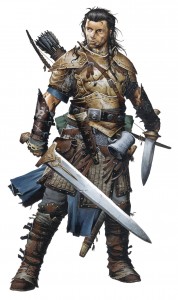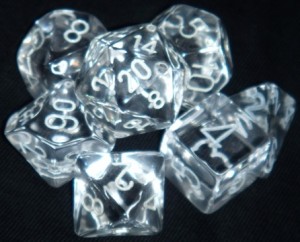How often does a player at your table want to do something – in character – that is morally apprehensible and blatantly evil? It doesn’t happen often in my games, but it does seem to come up every once in a while. When it does and the action is questioned by the DM or the other players, the player whose character is taking the action usually says something like, “I would never do this, but my character has no issue with it.” I realize that fantasy RPGs provide an escape from reality and you can play any kind of character you want, but I think it’s important to know where to draw the line.
Over the years I’ve come to realize that there are some things that are deemed acceptable in the context of D&D even thought most players would never condone or support such actions in real life. For example, slavery in the context of D&D isn’t usually seen as a big issue. Killing is also given tremendous latitude if the creature or person on the other end of the sword is evil. Theft is perfectly acceptable and is essentially what the majority of adventurers do to earn their loot. I guess it really comes down to the context of the situation and the justification for these actions. If killing an entire tribe of Orcs will make the nearby city safer for “civilized people” then the act of genocide is seen as acceptable and even heroic.

